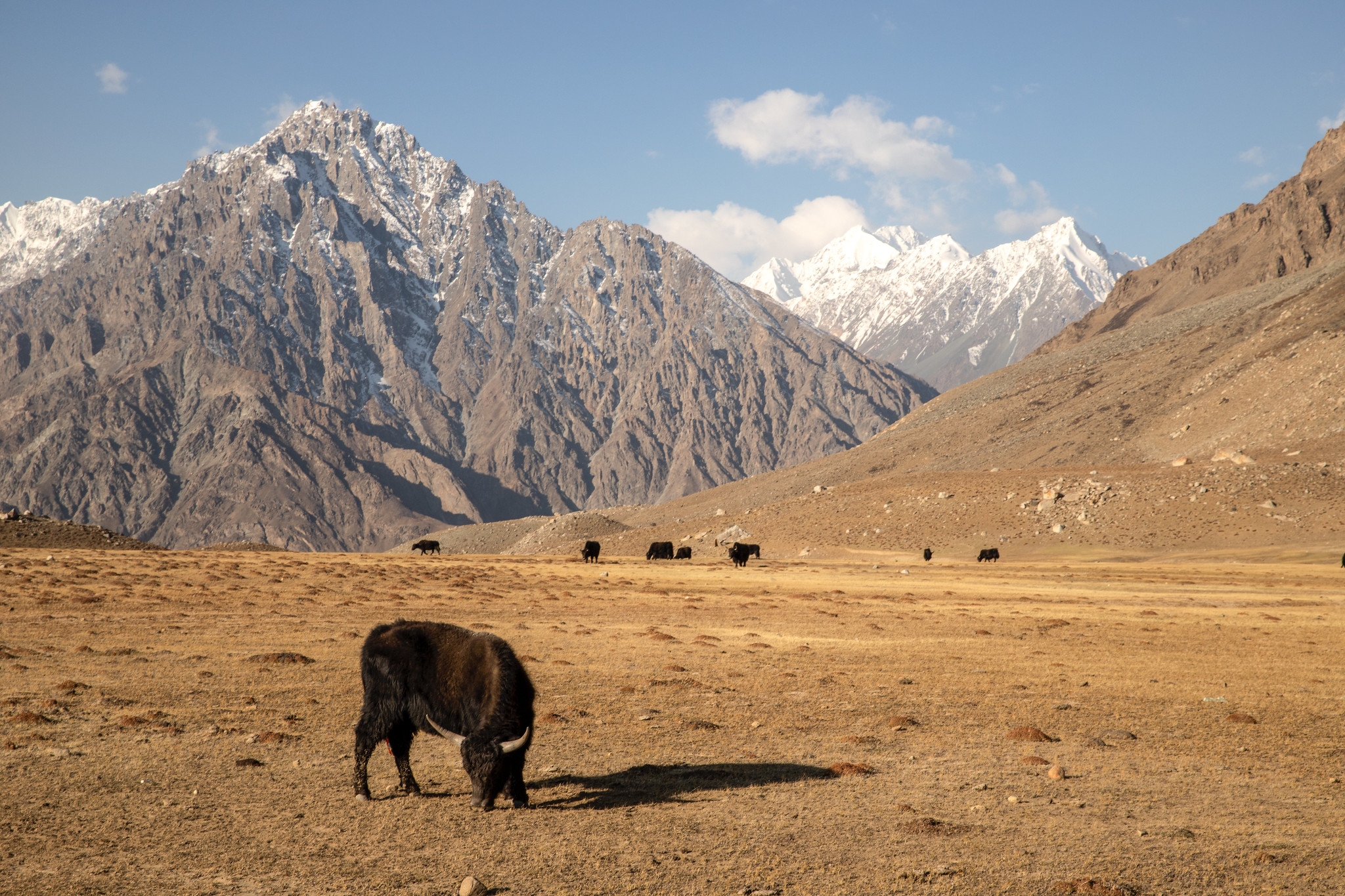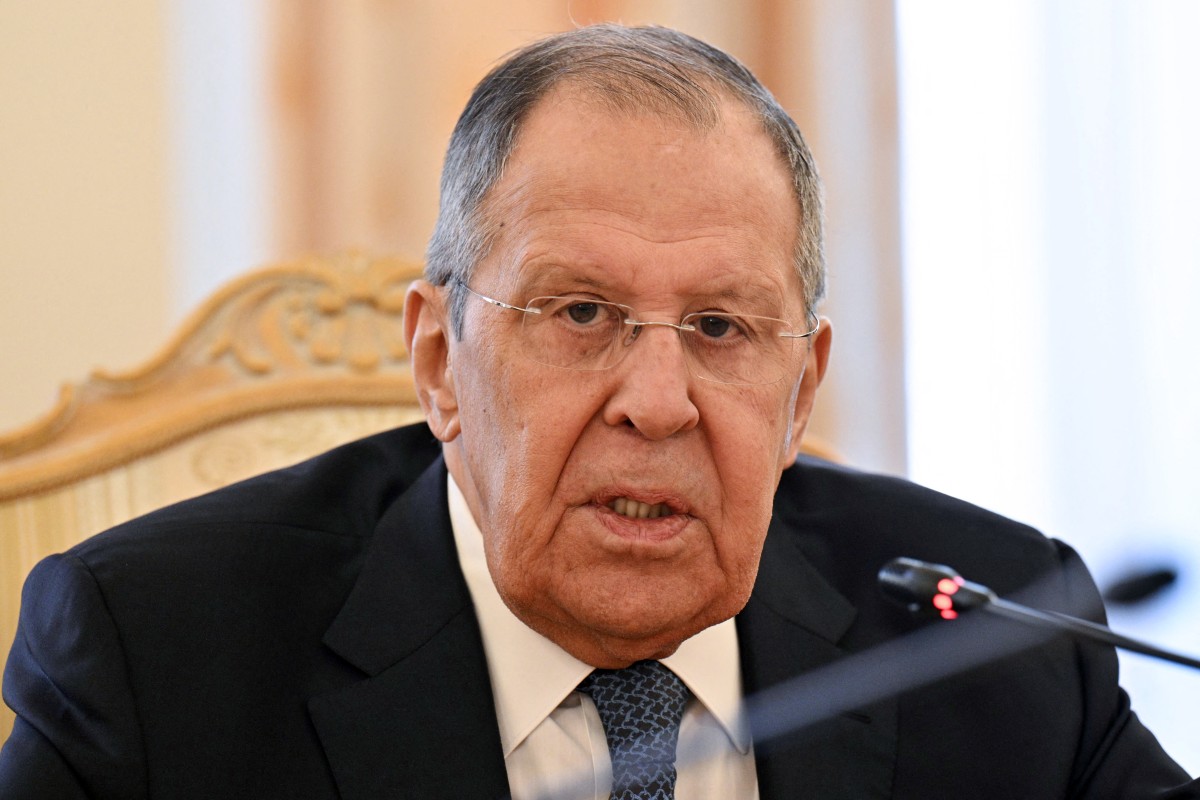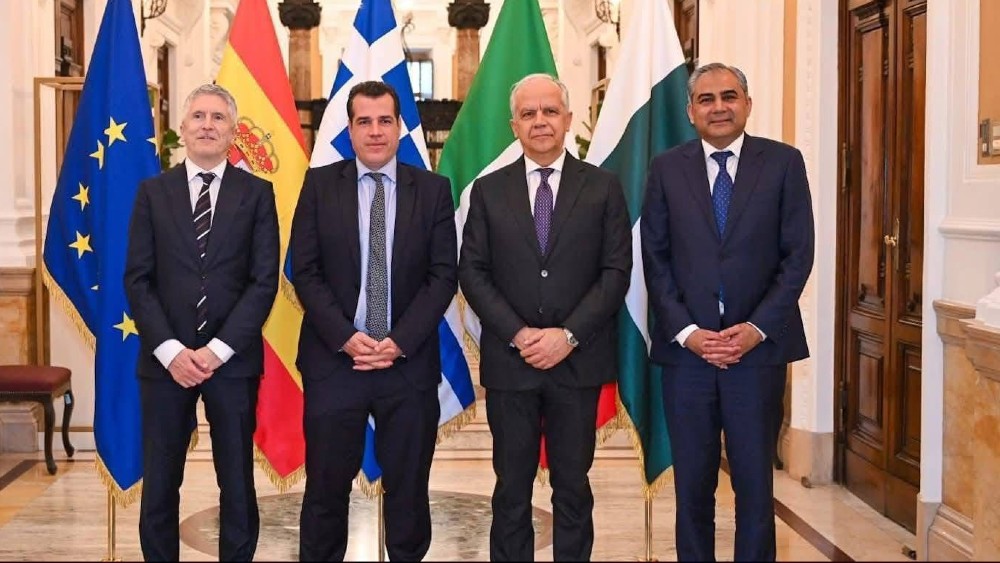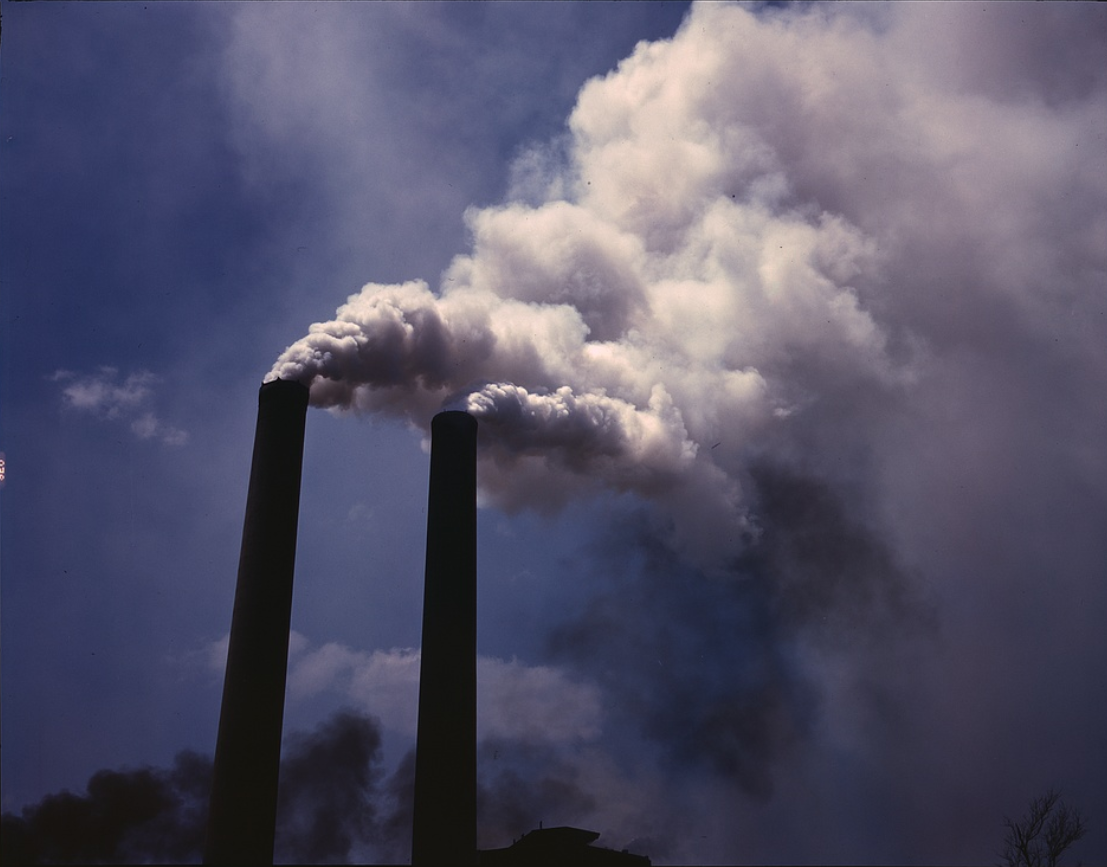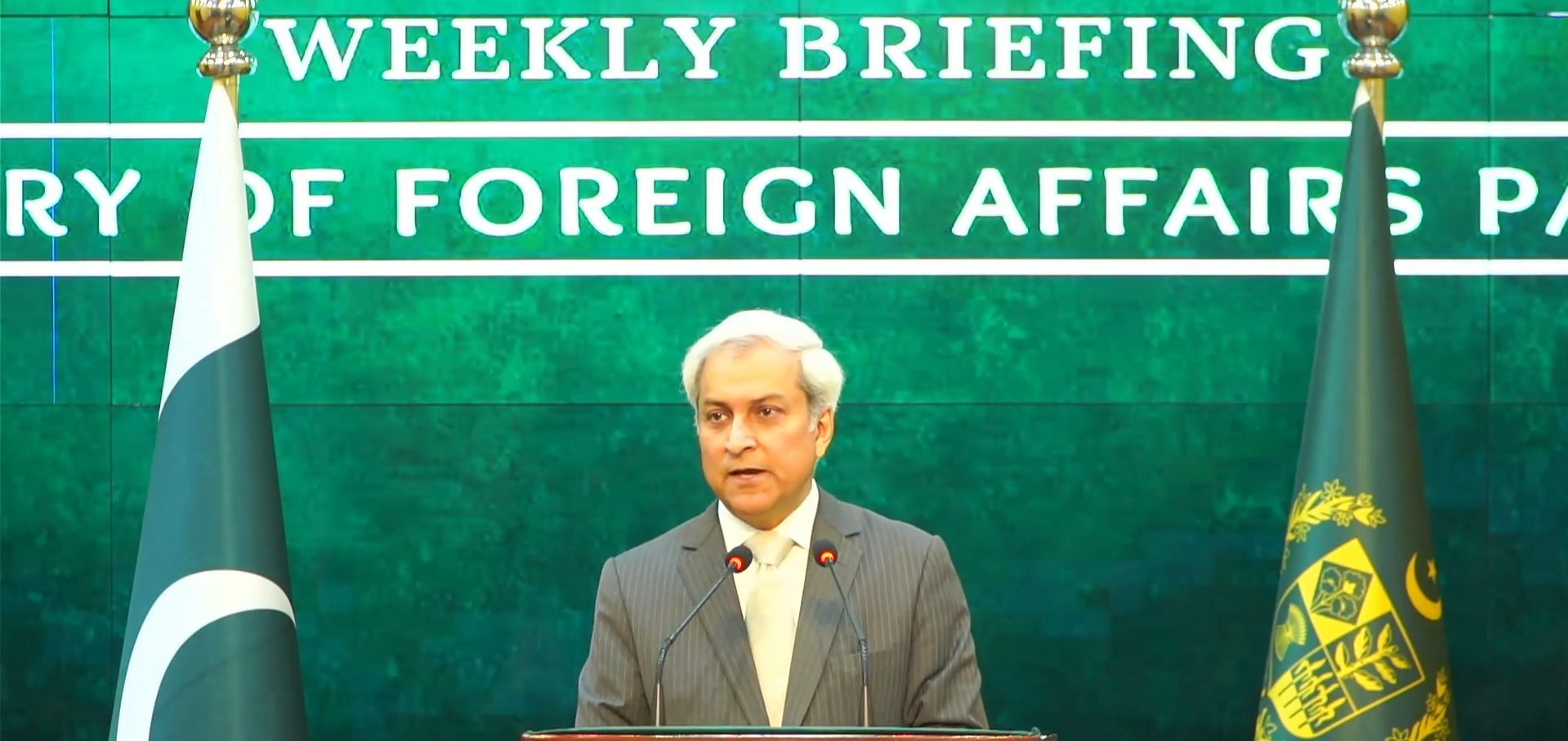ISLAMABAD: A 4°C rise in global temperatures could melt up to 85% of Pakistan’s glaciers, threatening the country’s water supply, agriculture, and food security, Pakistan’s climate minister said ahead of the 30th meeting of the Conference of the Parties (COP30).
The country's Minister for Climate Change Dr Musadik Malik called the glaciers "the bloodline and lifeline of our civilization." He said they feed Pakistan’s rivers and sustain agriculture.
"A 4°C rise in temperature can wash away about 85% of these glaciers," he said. "That would devastate our irrigation systems and agriculture, threatening food security for millions."
The climate minister also criticized the inequity of climate finance, noting that 55% of global carbon emissions come from just three countries. "Countries like Pakistan, which contribute little to the carbon footprint, are among the most vulnerable," he said.
He urged wealthier nations to take more responsibility and help developing countries adapt to climate change. "This is not just an issue of civilization; it is an issue of justice and rights," he said.
The minister highlighted Pakistan’s efforts to combat climate change, including the installation of over 14 gigawatts of solar power, policies promoting electric vehicles, and reforestation projects. "We are doing this for our children," he said.
Malik also pointed to early warning systems designed to help communities prepare for climate-induced disasters such as floods and heatwaves.
COP30
The COP30 is taking place in Belém, Brazil, from November 10 to 21. It brings together world leaders, climate scientists, NGOs, and indigenous peoples to advance climate action.
Key goals include assessing progress on the Paris Agreement, increasing climate finance, and focusing on forest protection and indigenous rights, with special attention to the Amazon.

